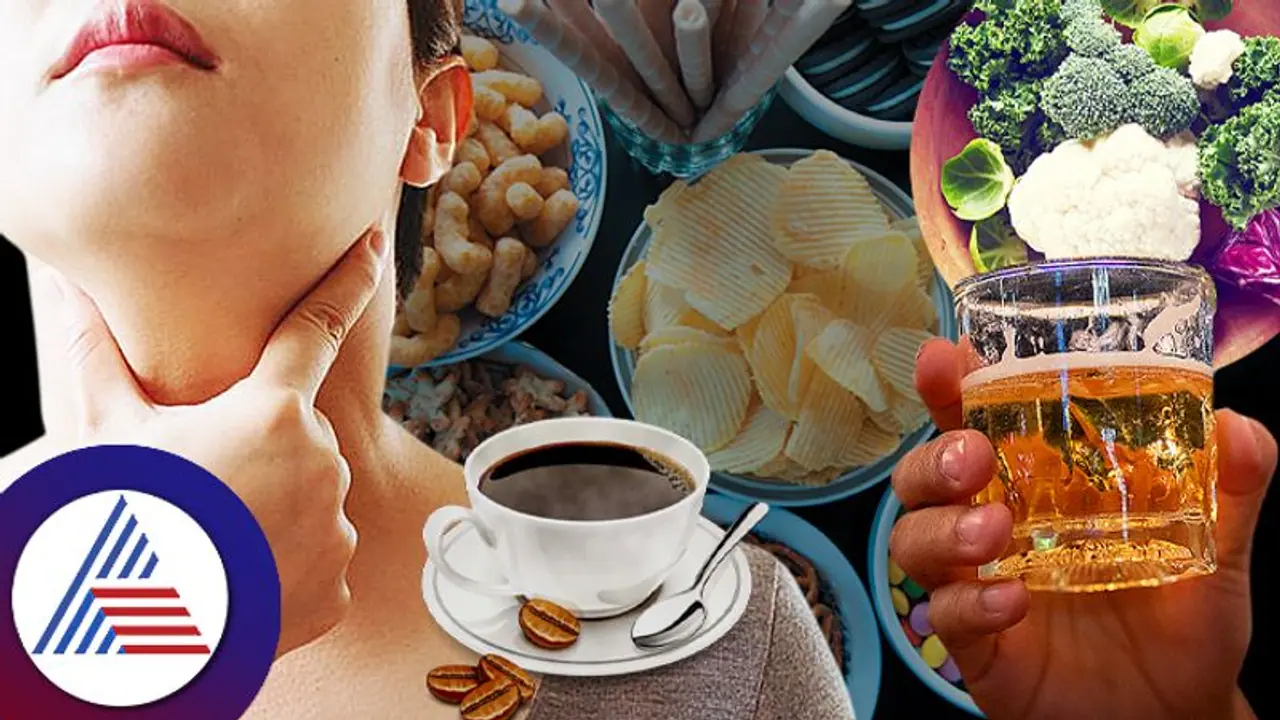People suffering from thyroid issues must ensure a healthy diet while avoiding the consumption of certain foods. If you’ve recently been diagnosed with thyroid conditions, then see your doctor regularly.
The thyroid gland, located in the neck, is responsible for releasing thyroid hormone. Excessive or less production of this hormone can lead to thyroid issues, which are more common in women than in men. People suffering from thyroid issues must ensure a healthy diet while avoiding the consumption of certain foods. Let’s learn about the food items you must avoid, if you’ve recently been diagnosed with thyroid diseases.
Soy products
Avoid the consumption of soy products. Isoflavones present in soy products can block the enzymes required for proper thyroid function. People with iodine deficiency experience worse effects of soy products.
Vegetables to avoid
Thyroid patients should avoid vegetables like cabbage, broccoli, and kale. These vegetables contain compounds that can hinder the synthesis of thyroid hormone. If you do wish to eat these vegetables, then it is best to cook them thoroughly.
Processed foods
Ultra processed foods are detrimental to health for everyone. But people with thyroid conditions should particularly avoid eating them. These foods contain high levels of sodium, trans fats, and sugar, which can contribute to weight gain and increased risk of cardiovascular diseases.
Managing iodine levels
Medical experts suggest consuming the right amount of iodine. However, excessive iodine intake can lead either to hyperthyroidism or hypothyroidism. Therefore, you must assess your iodine intake to ensure you’re not contributing to poor health.
Thyroid disease
Broadly there are two types of thyroid disease, hypothyroidism and hyperthyroidism. The former condition occurs when the thyroid gland does not produce enough thyroid hormones, and the latter condition occurs due to the excessive production of thyroid hormones.
Lead a healthy lifestyle
If you’ve been diagnosed with thyroid conditions, then see your doctor regularly. You can easily treat thyroid issues by adopting a healthy lifestyle. Include regular exercise and stress management techniques for overall well-being. According to the health professional, make dietary changes to help manage the problems.
